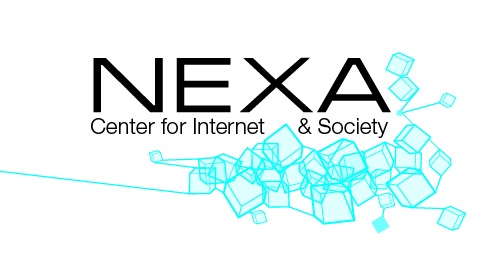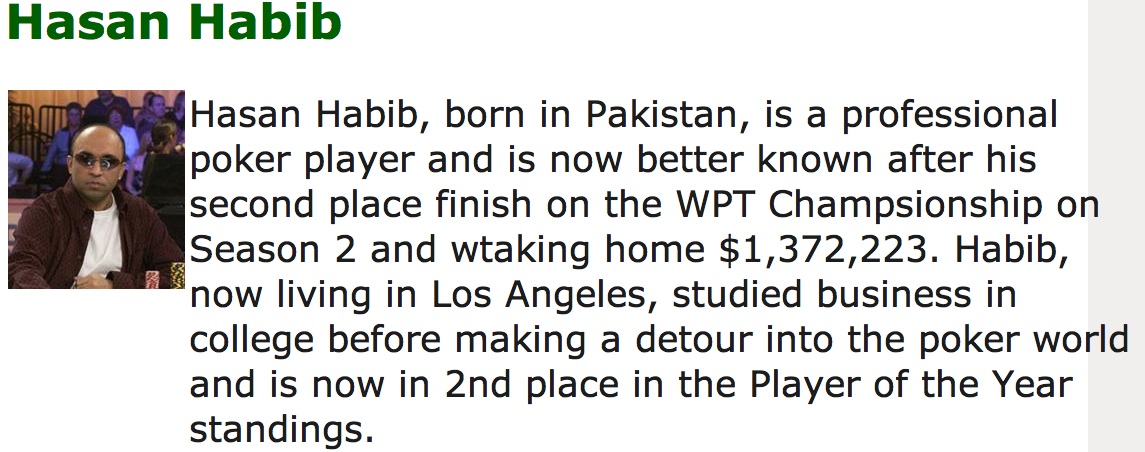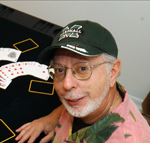Information Technologies and government transparency—the role of (U.S.) law
the Project Statement
Background:
One of the most respected U.S. Supreme Court Justices, Louis Brandeis, wrote in 1914: “publicity is justly commended as a remedy for social and industrial diseases. Sunlight is said to be the best of disinfectants”. It holds particularly true for publicity of government actions. Transparency makes government more accountable and therefore propels its modernization. For the last 20 years more than 50 nations (including the Polish one) have established the right to access public information. Apparently, therefore, government transparency gains importance.
i am reading darek adamski’s fulbright proposalm, hoping he will be able to join us at Berkman Center next year.
i want public access to the government action of prosecuting internet poker.
i care about this because poker is a powerful and entertaining way to learn skills of self-evident value in life.
i am a teacher wanting to express teaching power to address the problems of humanity and the planet. i love poker as form and thinking. i see poker’s reach on the net stiffled by an arbitrary act of government propounded in congressional form in a midnight act, compounded by the reach of prosecutorial discretion directed against the founders of internet gaming. i feel freedom curtailed, my freedom, internet freedom. i feel my citizenship impugned.
imagine
Suppose avatars come to me, eon, d of c, lawyer and teacher, in my Second Life office on Berkman Island – the founders of cyber poker, under threat of prosecution by agents of U.S. Govt.
i can quote for you the bunch of bullshit the prosecutor will give us about how the wire act and the midnight bill they snuck past without a single moment of committee deliberation gives them the right to prosecute poker. cyber poker. poker as a beautiful idea recreated in a game that’s not a game projecting out to a global citizenry through integrated media, multi media reintegrated by net.
prosecutor’ll try to tell you that they can indict you on what they’ve got, give you the choice of going to trial against rico counts in a federal court of the united states of america or you can plead guilty to one felony count under the wire act and we’ll let you go, no jail time. think RICO, Racketeer Influenced and Corrupt Organization Act, think prison time, think twenty years.
let’s go down the road of rico prosecution in the court of public opinion, like a version of fred friendly seminars on the cybernet. playing poker in the game of negotiating guilty pleas. help from alan dershowitz waiting in the wings.
eon to the founders of internet poker channelling billion dollar charlie
you are at the point in the legal process of being threatened but not yet indicted, being told you have two choices, plead guilty and take the no-jail time deal we offer, or duke it out in court against RICO with long prison time based on how a federal court jury decides with a federal judge presiding and determining your sentence. they are playing poker with you.
could an american jury be brought to see the importance to democracy of honoring rather than prosecuting the founders of internet poker.
could an american jury be brought to see the value of poker to american society and the value of its expression in cyberspace.
could an american jury be brought to see poker as a quintessential american game beloved and played by presidents and business leaders, generals and soldiers, judges and lawyers, teachers and students.
could an american jury be brought to see internet poker as a training school and means of global outreach for this wonderful american game.
what will be the make-up of the jury asked to pass unanimous judgment condemning the founders of global internet poker as criminals. how will jury selection go. will the prosecution succeed in striking all jurors who love and play the game. in the rhetorical space of a real american courtroom before a real american jury will prosecution be arguments ranting children and terror be backed by convincing evidence.
whom will we call as our witnesses. who speaks for the money losers in the game; have they gained enough in the experience to feel their monetary loss offset. who speaks for the mothers who have seen their sons invest in learning the game. who speaks for children. what data will we show. what questions will we have opportunity to rebut.
let us play it out in Second Life, Law in the Court of Public Opinion, even as we play it out for real.
i’ve been working on another case, dred scott — who is citizen of the united states of america. is a black man citizen of the united states of america. can a black man be citizen of the united states of america. or is the core of WE the PEOPLE of the United States of America white supremacy. yes, i am talking to you.
charles ogletree and i think of creating of creating a new kind of teaching instrument for our cyber environment. credit gene koo and co for bringing our dred scott video statement of the issue together, credit to bernhard drax, a cyber friend, for recording and editing and original music, credit to audiocasefiles.com for voice and framing. we have a production team. we are evolving our format. we hope to carry on to ever more interesting and useful cyber production. this is new casebook, early edition. reed elsivier meet audiocasefiles.com.
this fall i am offering Trials in Second Life as an educational offering with entertainment value. Dred Scott v. White Supremacy will be trial#1, RICO v. Internet Poker will be trial #2. as related activity i will teach poker in the form of one card war, and lead an internet class in tournament poker, with tables set on full tilt to play tournaments of one-card war. howard lederer, professor, will lay out the basics the game, i&i the meta game, chips, ante , button, blind, fold, bet, raise, call, with help from sister annie, like my ivy, annie duke, and annie’s friends, and mine.
RIAA v. the PEOPLE, will be cybertrial #3
i would like our cyber trials in Second Life to speak to and appeal to every constituency out in every language, which, with internet tools and people we can do.
university 
at this moment i am speaking with you as my complement, all who attended is2k7 thank you as audience and agent, medium and message, all to whom this message comes and goes. we are in rhetorical space mediated by an open net but up to us to keep it open with truth flowing. the net allows goodness in human beings to aggregate. together we create amazing things of inestimable value, we give open access to our art and common knowledge. have faith that in open access to the rhetoric of the past and to our collective intelligence in the present, truth and justice is trump and still the game we play, even as we play games of deception.




